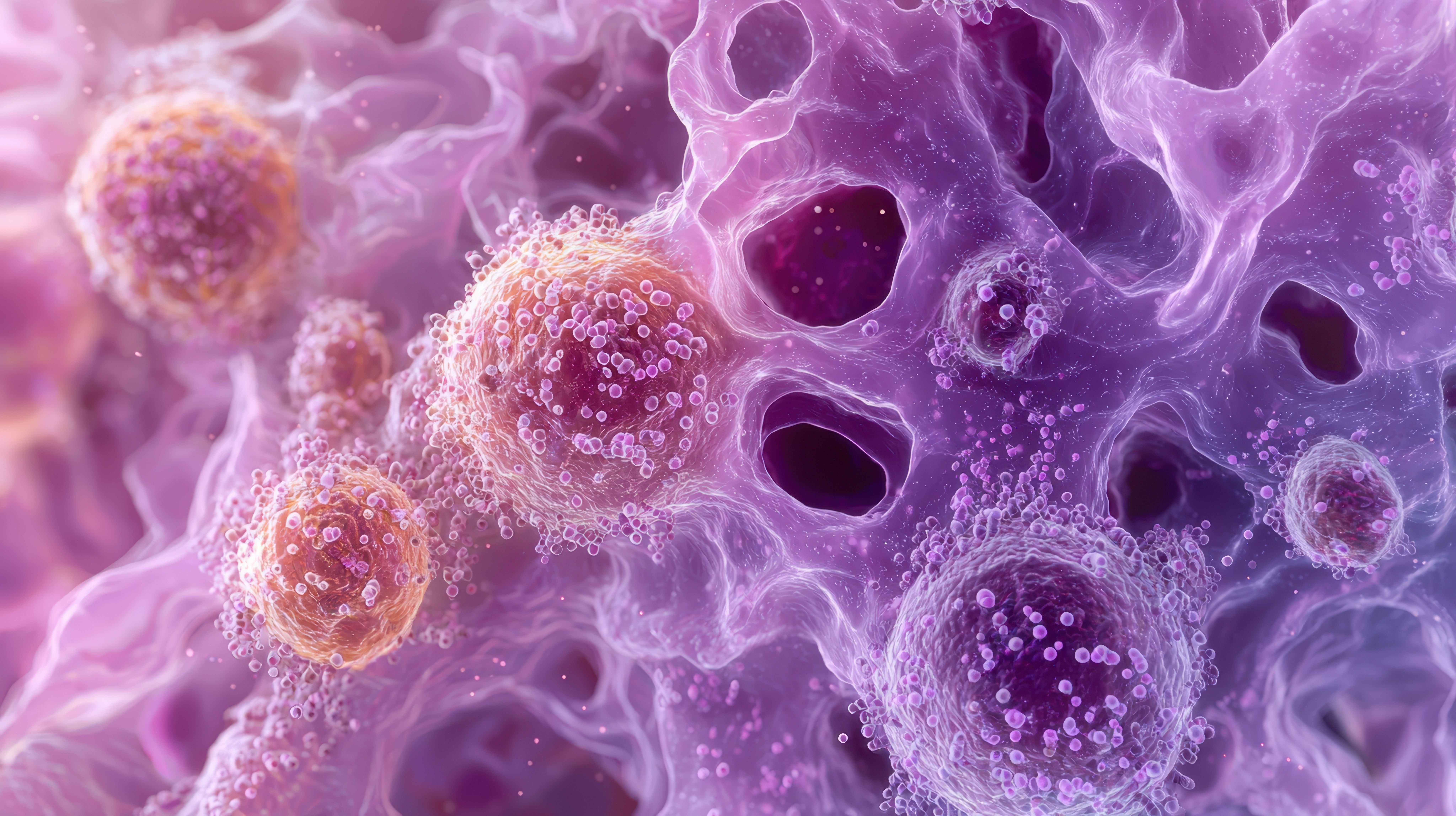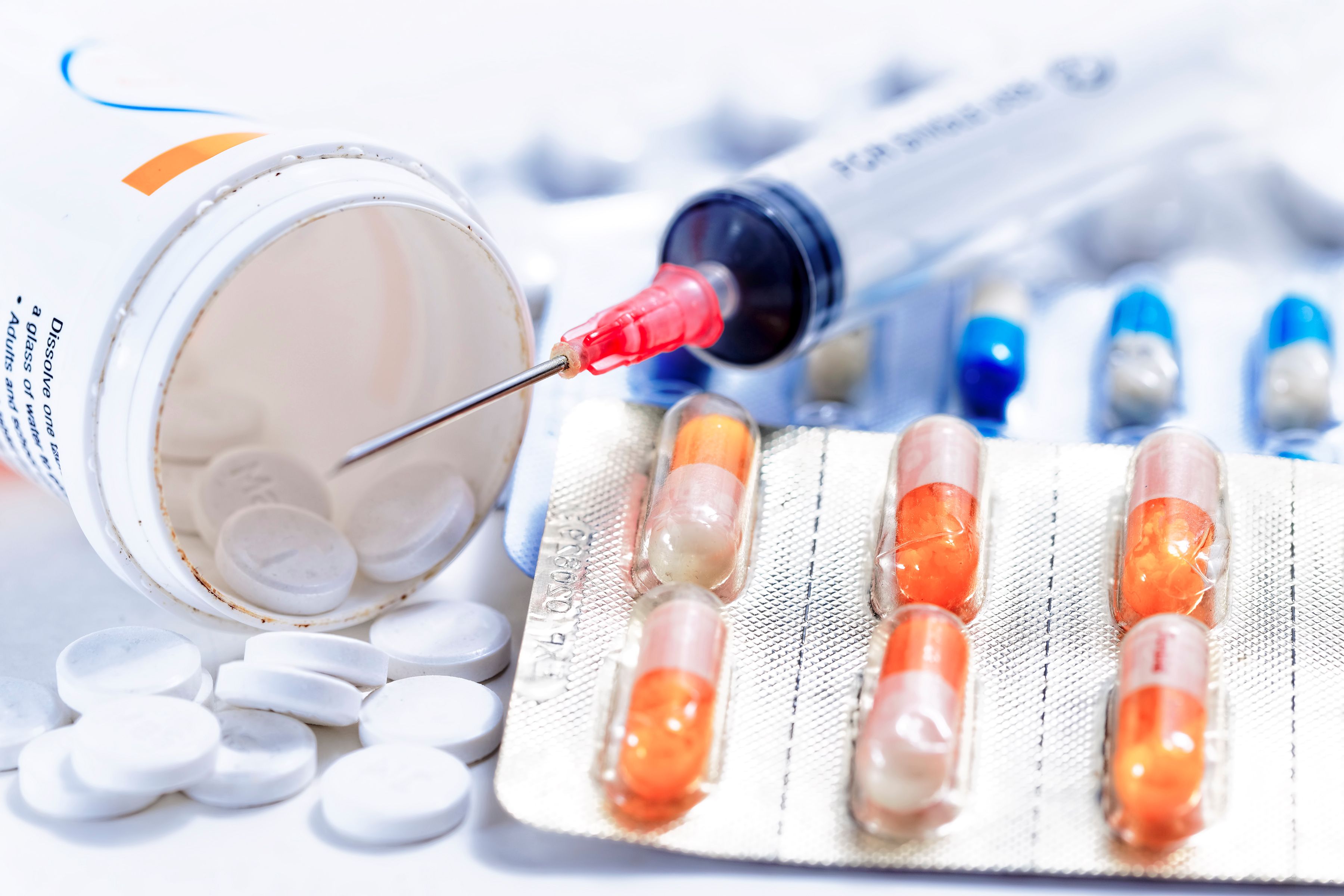News
Article
Blood Test May Predict CAR T-Cell Therapy Outcomes for Patients With Multiple Myeloma
Author(s):
Increased levels of absolute lymphocyte count are associated with improved response to BCMA-targeted CAR T-cell therapy.
A blood test may be able to determine the success of chimeric antigen receptor (CAR) T-cell therapy in patients with multiple myeloma (MM), according to researchers from Weill Cornell Medicine, New York-Presbyterian, Columbia University and Icahn School of Medicine at Mount Sinai. The findings have promising implications for patients and clinicians as they collaborate to create personalized, efficacious treatment plans and reduce the risk of treatment resistance.
The findings have promising implications for patients with RRMM who would benefit from testing to determine which treatments they would respond best to. Image Credit: © Анна Ковальчук - stock.adobe.com

MM is the second most common hematological malignancy; it is characterized by the overproduction of mature yet dysfunctional plasma cells, which can cause brittle bones, kidney failure, and immunodeficiency, due to the suppression of normal antibody production. Standard-of-care treatment for MM typically involves immunomodulatory agents, proteasome inhibitors, or chemotherapy, followed by autologous stem cell transplantation. However, the success of these treatments is often hindered by the high tendency for patients to relapse and develop drug resistance.1,2
Over the past decade, researchers have developed advanced immunotherapy options for patients with MM, enabling them to target the disease with increased precision and accuracy. CAR T-cell therapy is an emerging treatment that involves collecting and engineering a patient’s T-cells to target specific over-expressed proteins found on the surface of MM cells. After the T-cells are equipped with the antigen receptors, they are reintroduced to the patient’s immune system to seek and attack malignant cells. Clinical trials investigating the safety and efficacy of CAR T-cell therapy have demonstrated improved treatment responses for patients when targeting key proteins such as BCMA and GPRC5D. However, some patients with MM can be resistant or refractory to CAR T-cell therapy, which is also the case for other available treatments.1,2
The underlying mechanisms of resistance to CAR T-cell therapy are still not fully understood, but emerging research indicates that absolute lymphocyte count (ALC) may be a predictor for treatment response in patients with MM. The researchers studied 156 patients diagnosed with relapsed or refractory (RR) MM who were treated with BCMA targeted CAR T-cell therapy between 2017 and 2023. They collected the patient’s ALCs 5 days prior to treatment and for the first 15 days of receiving treatment.3
The data showed that patients with a higher ALC (ALCmax) had improved progression-free survival (PFS), depth of response, and duration of response. Patients with ALCmax >1.0 × 10^3/μL had a significantly longer PFS compared to those with ALCmax ≤1.0 × 103/μL (30.5 months vs 6 months; P < .001). Patients with ALCmax ≤0.5 × 103/μL were considered to have an increased risk of early disease progression and shorter PFS (hazard ratio, 3.4; 95% confidence interval, 2-5.8; P < .001). In laboratory studies, the researchers discovered that higher ALC was associated with the proliferation of BCMA-targeted CAR T-cells.3
The findings have promising implications for patients with RRMM who would benefit from testing to determine which treatments they would respond best to; this option could offer patients earlier access to more efficacious treatments personalized to their disease profile.
“If doctors can identify patients who are more likely to have a poor response to BCMA CAR T, other treatments can be explored or given earlier,” said lead study author Mejia Saldarriaga, MD, assistant professor of medicine in the Division of Hematology and Medical Oncology at Weill Cornell Medicine, and oncologist at New York-Presbyterian/Weill Cornell Medical Center, in a press release. “The treatment has been a great tool, but there is still room for improvement.”4
REFERENCES
- Mapping the Proteogenomic Landscape of Multiple Myeloma: Implications for Targeted Therapy. Pharmacy Times. July 8, 2024. Accessed July 25, 2024. https://www.pharmacytimes.com/view/mapping-the-proteogenomic-landscape-of-multiple-myeloma-implications-for-targeted-therapy
- The evolving treatment landscape of multiple myeloma: gprc5d-targeted car t-cell therapy. Pharmacy Times. July 2, 2024. Accessed July 25, 2024. https://www.pharmacytimes.com/view/the-evolving-treatment-landscape-of-multiple-myeloma-gprc5d-targeted-car-t-cell-therapy
- Saldarriaga M, Pan D, Unkenholz C, et al. Absolute lymphocyte count after BCMA CAR-T therapy is a predictor of response and outcomes in relapsed multiple myeloma. Blood Adv. August 13, 2024. doi:10.1182/bloodadvances.2023012470
- Blood test may guide use of multiple myeloma immunotherapy. News Release. July 24, 2024. Accessed July 25, 2024. https://www.eurekalert.org/news-releases/1052438
Newsletter
Stay informed on drug updates, treatment guidelines, and pharmacy practice trends—subscribe to Pharmacy Times for weekly clinical insights.






